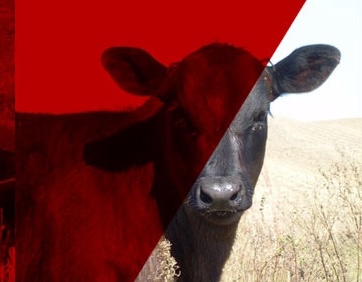This article is a review of the 2024 Nebraska Beef Cattle Report, Strategies for DDGS Supplementation Frequency to Grazing Yearling Steers.
The situation
Protein supplementation can be provided to cows daily, once every three days, or once every six days without impacting body weight or body condition score. By reducing the frequency of feeding from every day to once every three or six days, producers can reduce labor and feeding expenses.
Distillers grains is often used to supplement cattle on pasture, but the impact of supplementation frequency on gains of yearlings has shown inconsistent results.
The study
A recent study was completed by the University of Nebraska-Lincoln to further evaluate the performance of yearling steers grazing smooth bromegrass pasture supplemented with dry distillers grains plus solubles (DDGS) either daily or three times a week. Steers went to grass in May weighing 700 lb and either received no supplementation, 5.6 lb DDGS daily, or 13 lb DDGS three times a week (dry matter basis) for a 97-day grazing period.
- Non-supplemented steers gained 1.86 pounds per day on grass.
- Steers supplemented DDGS three times a week gained 2.45 pounds per day.
- Steers supplemented daily gained 2.75 pounds per day.
The differences in gain were reflected in similar differences in ending weight: 878 lb for non-supplemented steers, 933 lb for steers supplemented three times a week, and 961 lb for steers supplemented daily. These results support previous research by the University of Nebraska-Lincoln (2003 Nebraska Beef Cattle Report) which showed supplementing heifers DDGS three times a week reduced gain by approximately 10% compared to daily supplementation.
Conclusion
While reducing supplementation frequency to yearlings on grass may reduce labor and feeding expenses, it is important to consider how much gain is being sacrificed and the impact on ending weight. Depending on the distance traveled to provide supplementation, only supplementing three times a week vs. daily may make up for the reduction in gain per pound of supplement provided. Daily supplementation costs and target weight gain during the growing phase should be evaluated when determining the appropriate supplementation strategy for an operation.

